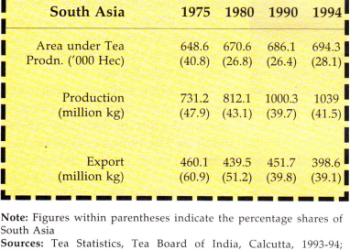In an important decision, the Bombay High Court has upheld a writ challenging the power of the Income Tax Department to demand information under section 133(6) of the Income Tax Act 1961 without instituting any specific proceeding. Section 133(6) gives the income tax authorities the power to request any person, including banking companies or any officer thereof, to furnish information relating to any points or matters, including statements of accounts and affairs, that may be specified by any income tax officer and would be useful for any proceeding under the Income Tax Act.
The petitioner, DBS Financial Services Private Ltd, a credit card issuer, had received a notice from the Commissioner (Investigation) seeking the addresses of all card holders whose annual expenditures through card accounts were more than Rs 5,000. The respondent, through an income tax officer, contended that the words ‘any proceedings under this act’ mentioned in section 133(6) did not necessarily refer to only an existing proceeding but also included a proceeding that may commence in the future.
Justice Manohar, contradicting this view, said that section 133(6) did not apply to any contemplated or uncontemplated future proceeding. Judges Sujata Manohar and M G Chaudhari stated that the information sought should be useful for or relevant to any proceeding under section 133(6) and, in the absence of such proceeding, the officer cannot ask for any information. Further, they felt that the power to seek information should not be exercised to gather information on the basis of which the officer concerned would thereby decide whether or not to institute a proceeding.
Until recently, income tax authorities threatened to initiate penalty proceedings if the petitioner failed to furnish the required information. Further, they were using section 133(6) to demand client information from leasing companies, banking companies, restaurants, clubs, and hospitals charging high fees. This led to nonbanking companies often disclosing their client particulars, which inevitably led to notices being served on clients.
The ruling is expected to have a significant bearing on the financial sector, which is on a growth path in the wake of economic liberalization.




